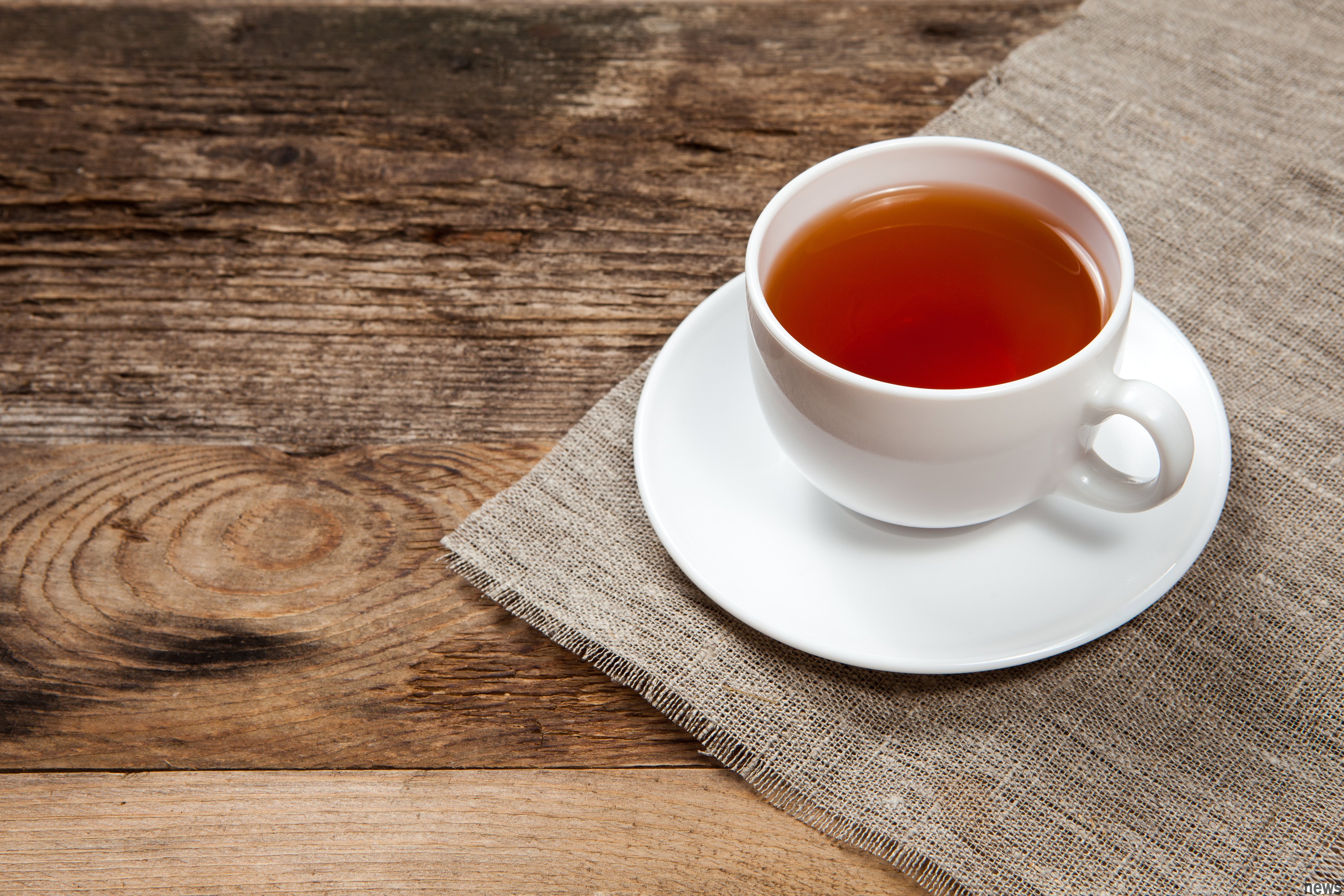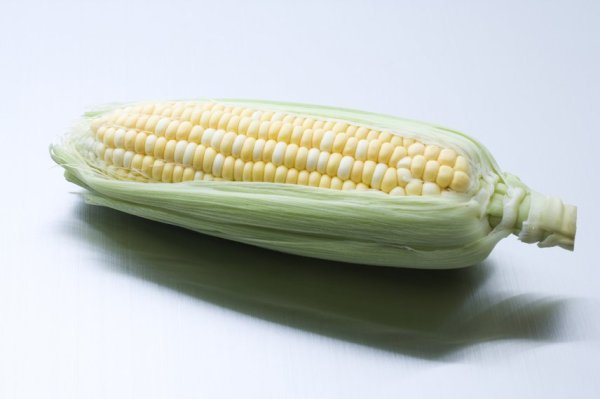Tracking nearly 500,000 health data for 11 years New research reveals that drinking red tea can reduce death risks

A new study by the National Institutes of Health pointed out that drinking two cups of red tea every day can reduce the risk of death.
Many studies in the past have proved that drinking tea is related to long-term health, but most of them focus on the relationship between green tea and health. This study published in the Annals of Internal Medicine found that the health benefits of red tea are comparable to green tea and can also be part of a healthy diet.
The National Cancer Institute of the United Kingdom uses large biological medical databases (UK Biobank, a total of 498,043 people aged 40 to 69, total health data, participants completed a question paper, including their tea drinking and life habits. After 11 years of visit, researchers compared the mortality rate of various causes. Compared with those who never drink tea, those who drink at least two cups of tea per day reduced the risk of death from various causes by 9%-13%. In addition, it is also found that people who drink more tea have a lower chance of dying from cardiovascular disease.
Researchers pointed out that whether it is hot red tea or cold red tea, without adding sugar or milk, it will not affect the results.
Dana Hunnes, Ph.D., a senior clinical nutritionist at the Medical Center at the University of California, Los Angeles, said that red tea contains rich polyphenols and ketones, which are known to reduce oxidative reactions and inflammation, which are considered to harm human cells and may eventually lead to cancer. Dr. Dana Hunnes, who has not participated in this study, believes that the results of the study may be related to the ingredients in the above-mentioned red tea.
Researchers said that although studies show that red tea can be part of a healthy diet, it does not mean that more is better. Tea contains a lot of caffeine, which may cause irritation to some people. It is also a diuretic, and too much may lead to irrigation.




